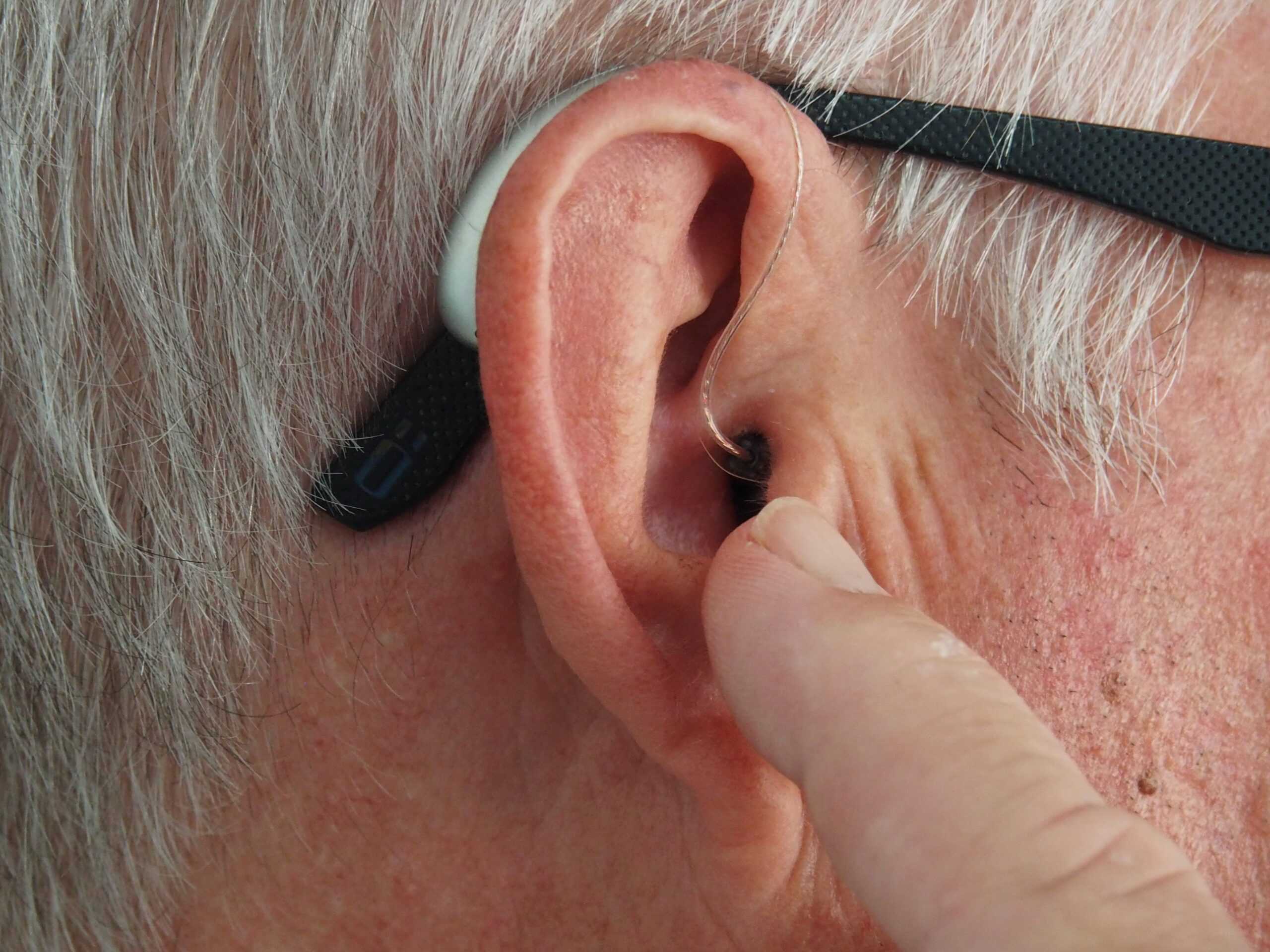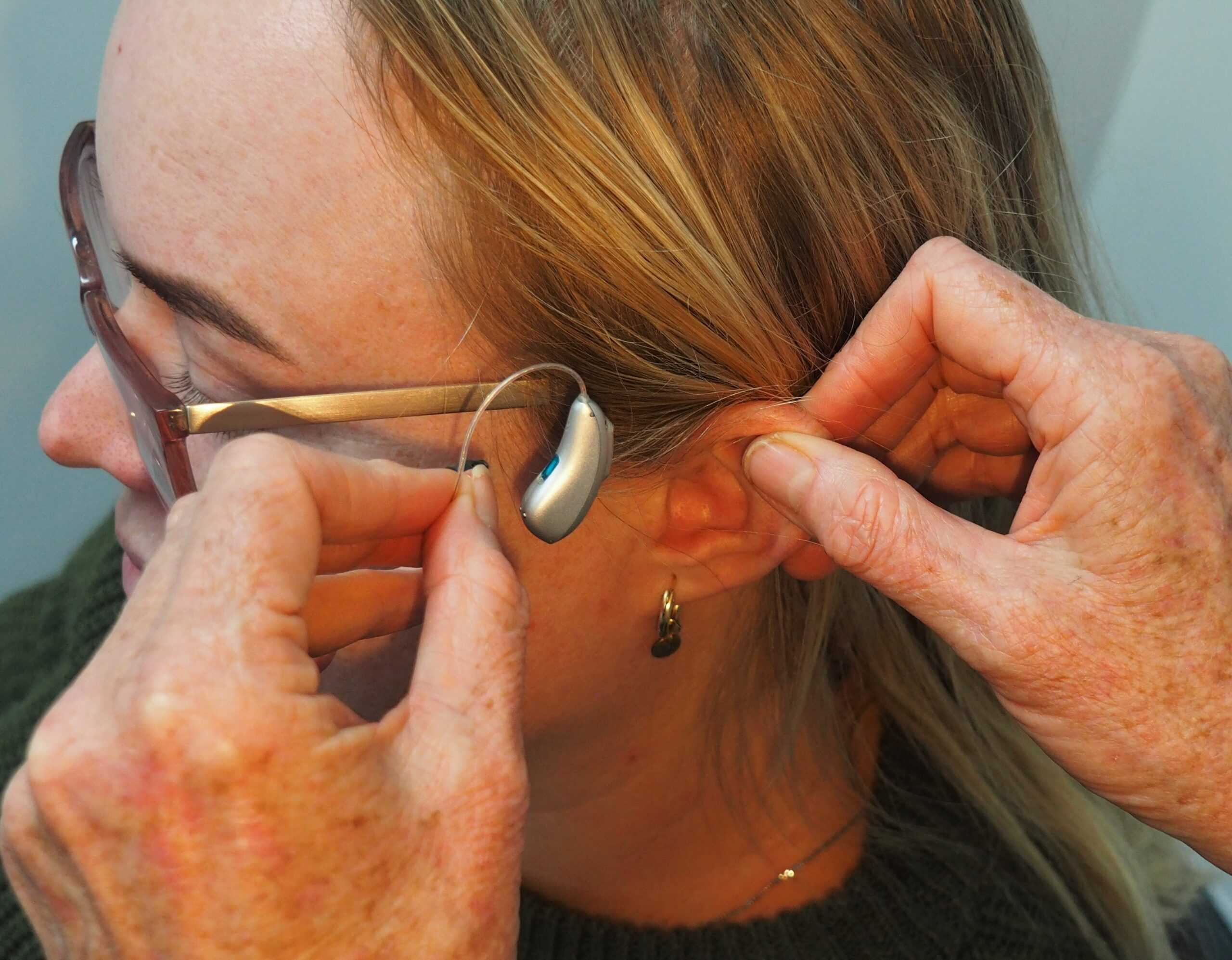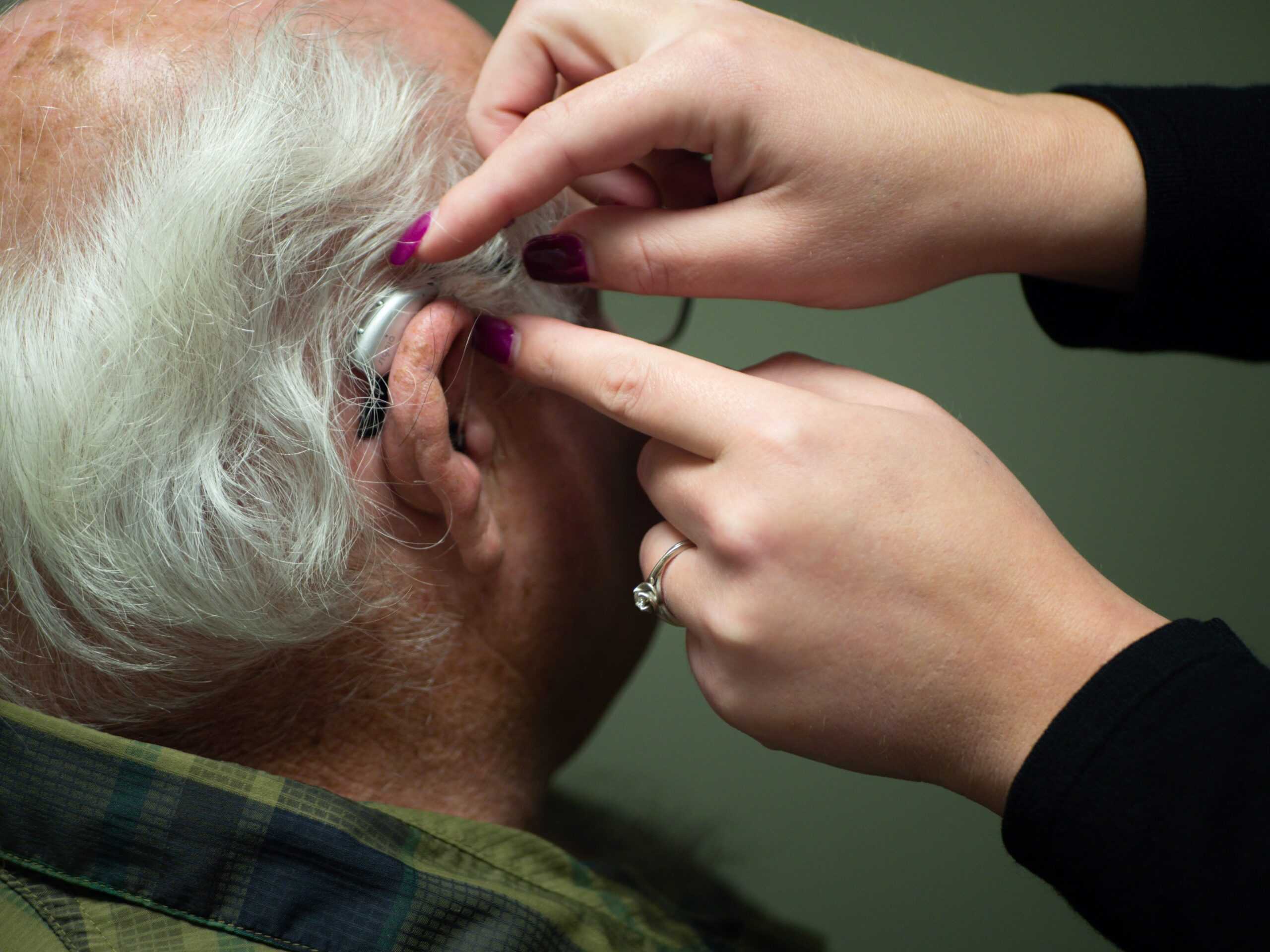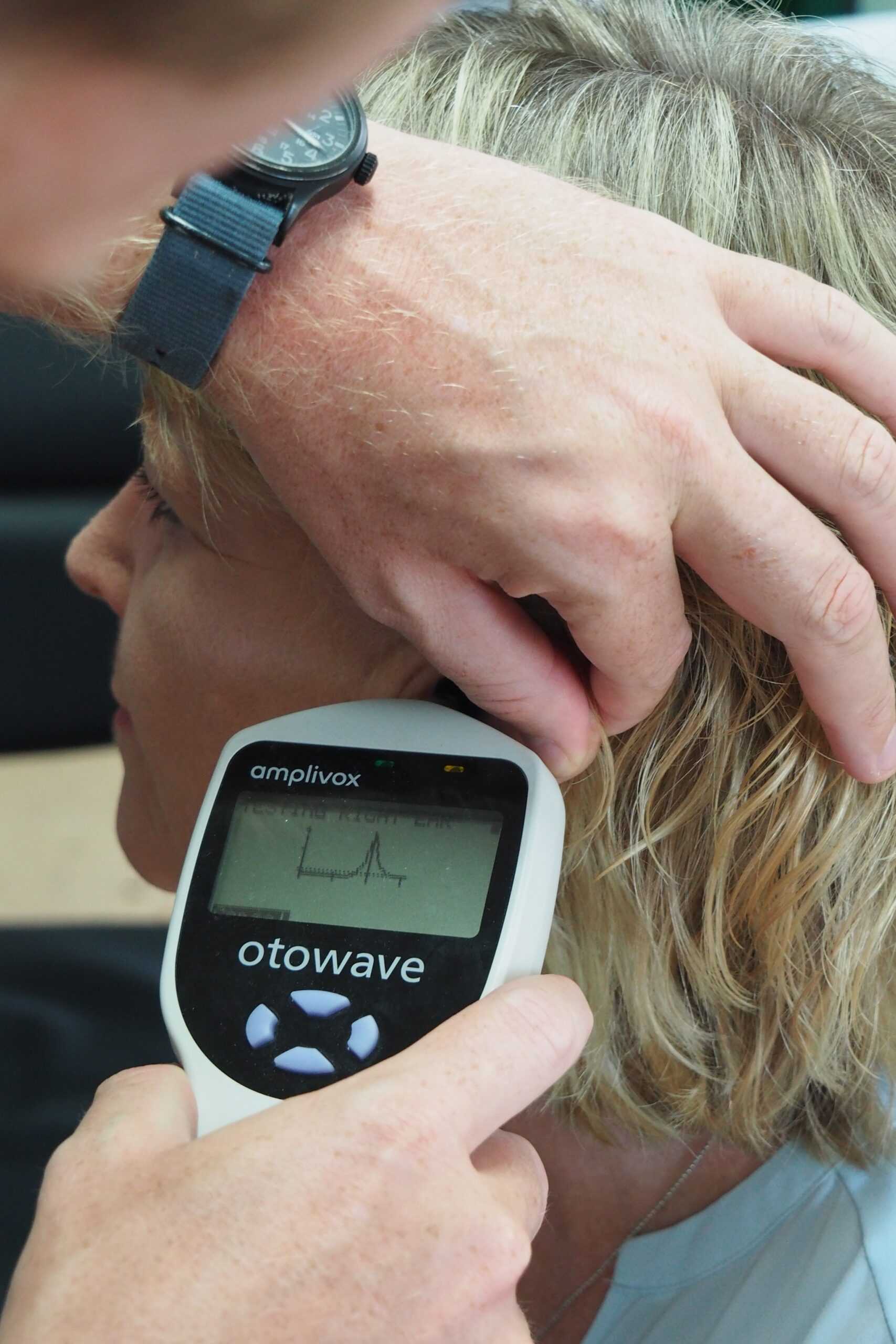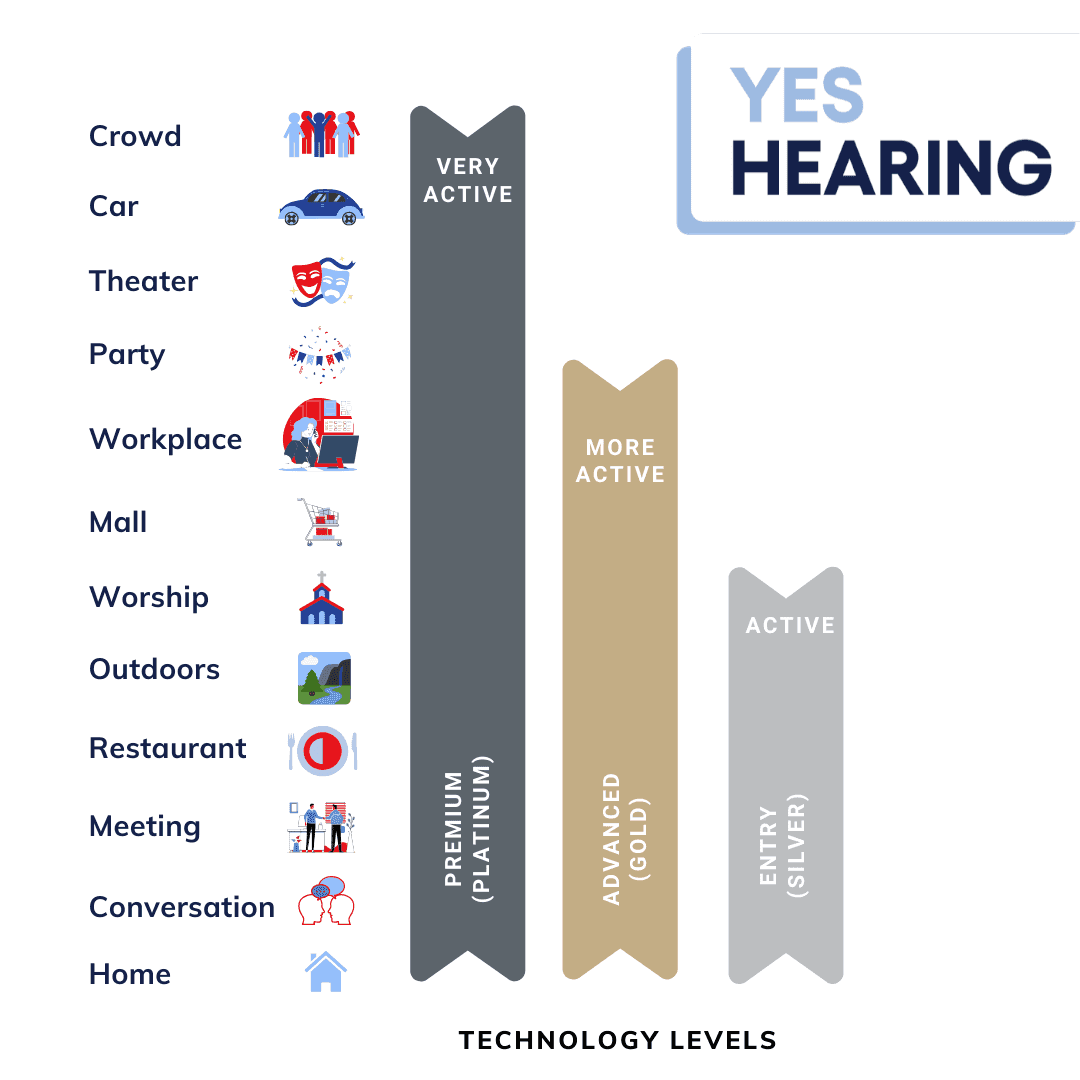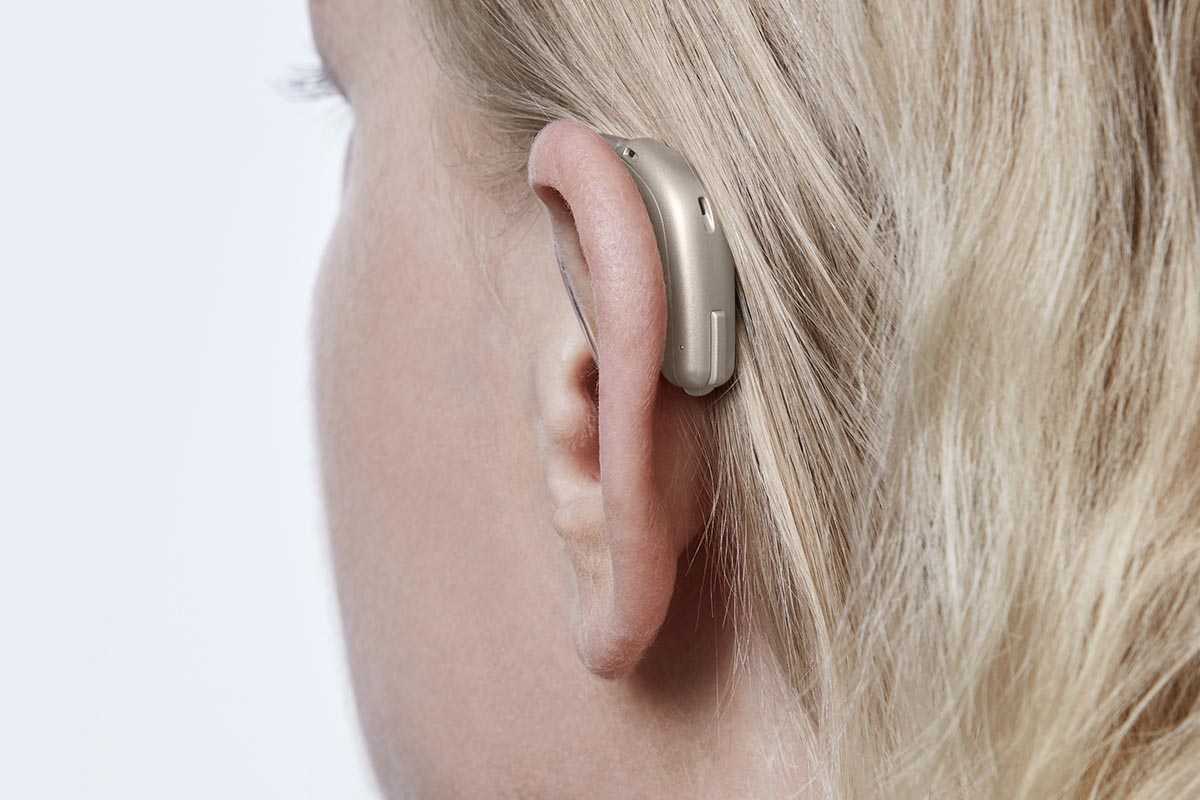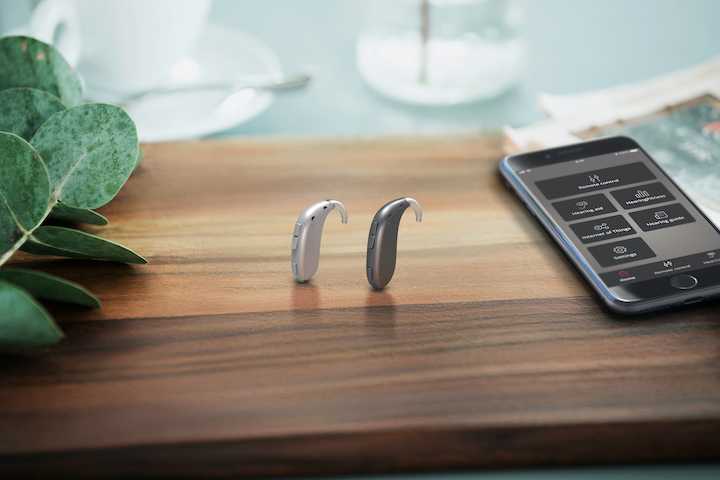Article
Can Hearing Aids Help People Who Suffer From Tinnitus?
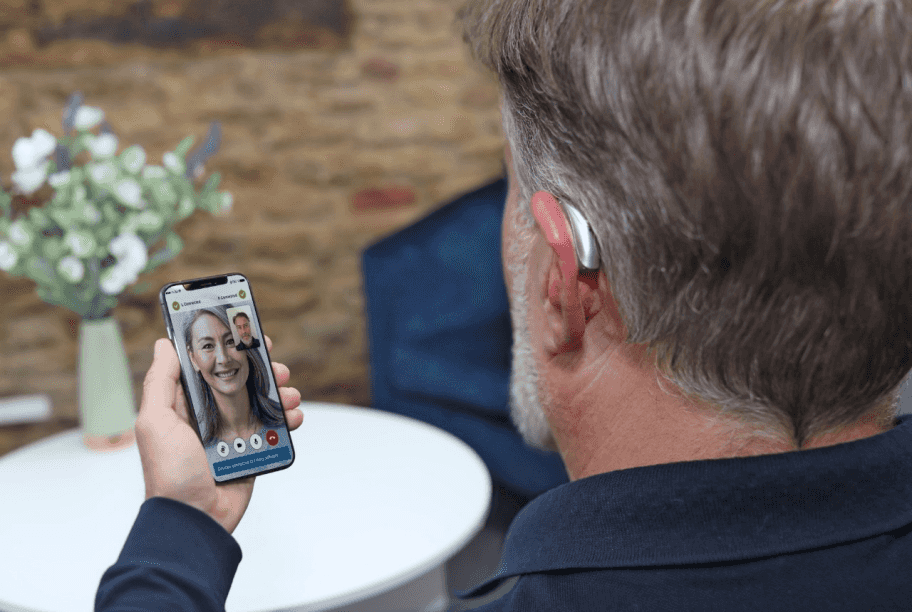
Tinnitus is a health condition in which an individual hears a ringing or wooshing in their ears that isn’t present in their environment. It ranges from a mild annoyance to a debilitating condition.
Tinnitus often causes hearing loss, as the brain struggles to distinguish between internal and external sounds. As much as 15 percent of adults experience at least one long-lasting episode of tinnitus throughout their lifetime. And the likelihood increases with age.
Keep reading to learn whether hearing aids help tinnitus, how to reduce symptoms, and useful next steps to take.
Can hearing aids help tinnitus?
Clinical evidence demonstrates that hearing aids offer positive benefits to people experiencing tinnitus and hearing loss. This includes better hearing and the potential for improved treatments.
Many people with tinnitus can’t hear what’s going on around them because the inner sounds are too loud and the external sounds are too muffled.
By giving the brain more sounds to process, we increase the stimulation it gets, which makes it easier for tinnitus to recede into the background.
Hearing aids also offer programs to improve hearing through auditory habituation — the process of retraining the brain to identify external sounds as valid and reclassifying tinnitus sounds as unimportant.
Wearing a hearing aid helps patients speak more comfortably and lower stress. Reducing stress is proven to lower tinnitus symptoms.
What are coping strategies for tinnitus?
While there’s no cure for tinnitus, there are multiple strategies that can alleviate the symptoms and improve your quality of life. Here are a variety of solutions to consider:
Hearing aids
Multiple scientific studies show that hearing aids are an effective long-term solution to tinnitus. The correct device and proper fitting are necessary for wearers to achieve results.
Sound therapy
Sound therapy is a widely used approach to dealing with symptoms. Adding background noise, such as a fan on a low setting or a white noise machine reduces our perception of tinnitus and makes the unpleasant noise less noticeable.
Relaxation techniques
Stress and anxiety exacerbate tinnitus symptoms. Practicing relaxation techniques such as deep breathing, meditation, and yoga calms the mind and lowers stress levels. People who learn to respond to tinnitus with a relaxed mindset reduce the severity and frequency and make symptoms less bothersome.
Cognitive behavioral therapy (CBT)
CBT is a type of therapy that directly addresses one’s thought patterns to determine where thoughts are incongruent with reality. CBT helps by reframing your thoughts to reduce the mental impact of tinnitus on your life.
Counseling
Counseling is beneficial for people struggling with the emotional impact of tinnitus. By talking to a counselor or therapist, individuals can learn how to manage anxiety, depression, and stress and improve their overall quality of life.
Avoiding triggers
Be mindful of situations that make your tinnitus worse and adjust accordingly.
Specific environments and substances, such as loud noises or caffeine, can worsen symptoms. Knowing your tinnitus triggers and learning how to avoid them is an excellent way to improve your quality of life.
Leading a more holistically healthy lifestyle helps you spot areas of your health that need more attention.
How to choose the best hearing aid for tinnitus
When selecting a hearing aid for tinnitus, your lifestyle and personal preferences are major factors to consider.
Different models of hearing aids offer unique features and programs to address tinnitus, so it’s crucial to compare different hearing aids to determine which ones may be right for you.
Most hearing aids offer tinnitus masking, which is the introduction of white noise or soothing sounds into the ear to ease symptoms. Others include sound therapy programs to retrain the brain to ignore tinnitus sounds.
Smartphone functionality lets you control and adjust settings and programs. This advantage is beneficial for managing symptoms in different environments, such as quiet or noisy spaces.
There’s a lot to consider, so we recommend consulting with an experienced hearing specialist who can provide guidance in selecting the appropriate device. Free telehealth appointments are available through Yes Hearing from the comfort of your home.
Conclusion
Tinnitus can be a struggle to deal with, but there are ways to make it better. One thing that helps a lot is wearing hearing aids.
They give the brain more sounds to process, so the ringing or whooshing sound can fade into the background. Various training programs also alleviate problems through auditory habituation.
Other ways to cope with tinnitus include using sound therapy, relaxation techniques, cognitive behavioral therapy, counseling, and avoiding things that make the symptoms worse.
When choosing a hearing aid for tinnitus, it’s important to consider your needs and seek guidance from experts.
Talk to a Yes Hearing specialist today to get personalized help.
Recommended links
Subscribe to our mailing list
Be the first to hear about latest news, content, and more by subscribing to our mailing list. Check your inbox for a confirmation email!


